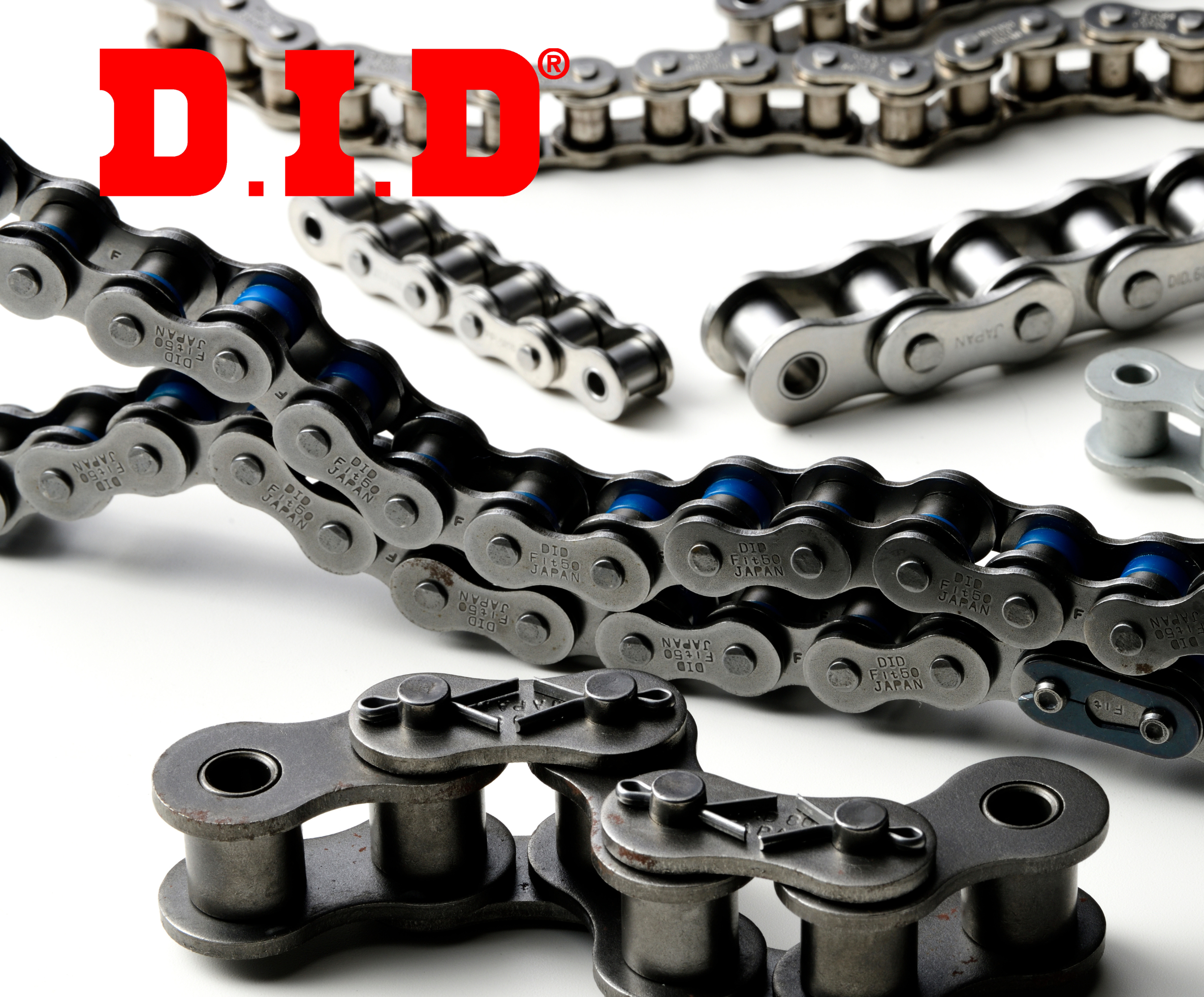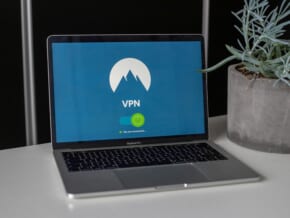Expat’s Guide: Adoption in the Philippines
Adopting a child is an exhaustingly long process in the Philippines even for locals. When expats try to do it, however, the process lengthens and becomes more expensive than usual.
Here’s a quick primer on the legal process of adopting a child for foreigners, or more commonly known as an inter-country adoption:
Inter-Country Adoption Act of 1995
Its best you remember Republic Act (R.A.) No. 8043 if you’re planning to adopt a child as a foreigner, especially if you have not gained permanent residency status. It was made to ensure that if any Filipino child cannot be adopted by a qualified Filipino citizen or an expat holding a permanent resident status, there would be another way to ensure the child’s survival.
Inter-country adoption, however, is only seen as a last resort according to R.A. 8043. All possible measures under the Family Code (Executive Order No. 209) have to be used BEFORE a child can be put up for inter-country adoption.
The Process
Assuming the child is available for legal adoption (i.e. a certification has been issued by the DSWD) The prospective adoptive parents (PAP) must meet the following requirements before they can adopt a Filipino child:
• Be at least 27 years old and at least 16 years older than the child to be adopted at the time of application, unless the PAP is the biological parent of the child or the spouse of the biological parent;
• if married, you and your spouse must jointly file for the adoption;
• has the capacity to be a parent under their home nation’s laws, as well as having undergone appropriate counseling from an accredited counselor in their home nation;
• has not been convicted of a crime involving moral turpitude;
• is eligible to adopt under his/her home nation’s laws;
• in a position to provide for the needs of the child to be adopted and his/her other children both financially and morally;
• agrees to uphold the basic rights of the child under Philippine laws, United Nations Convention on the Rights of the Child, and any rules and regulations under R.A. 8043;
• comes from a country whom the Philippines has diplomatic relations with, has a similarly authorized and accredited agency, and allows adoption;
• not be disqualified in any way, shape or form in other Philippine laws.
Step 1. File an application within the Regional Trial Court (RTC) having jurisdiction of the child (i.e. the closest RTC to where the child was born) if you’re in the Philippines, or with the ICAB through an intermediate agency in your home country if you’re overseas.
The application should include the following documents written and officially translated in English:
• Your birth certificate;
• Marriage contract (if married), and divorce decree, if applicable;
• Sworn statement of your biological or adoptive children above 10 years old;
• Physical, medical, and psychological evaluation done by a duly licensed physician and psychologist;
• Income tax returns or any other document showing your financial capability;
• Police clearance of applicant;
• Character reference from the local church/minister, your employer and a member of the immediate community who has known you for at least 5 years; and
• Recent postcard-size photos of you and your immediate family
Note: Rules of the Court shall apply in case you file the case in an RTC.
Step 2. Family selection/matching will now take place. In order for you to legally adopt the child, the ICAB will check if there is no way for the child to be adopted locally. You can only legally claim the child as your adoptive son/daughter once a clearance has been issued by the ICAB.
Fees
As with any legal procedure, you will need to shoulder all necessary fees for this two-step (yet exceedingly tedious) process, all in US Dollar:
• Application fee: $200, paid upon filing the application
• Processing fee: $2,000 for single placement, $3,000 for sibling group of 2 or more; paid upon acceptance of the matching proposal
• Pre-adoptive placement costs: varies from one child to another (depends on what part of the Philippines the child is from and where he/she is going to); paid upon acceptance of the matching proposal. Please note that visa fees and visa medical examinations will also be included in case you’re planning to bring the child overseas.
If you want to know more about the nitty-gritty of inter-country child adoption, please visit www.dswd.gov.ph.
Source: The Philippine Star, DSWD Official Website, mondaq, Philippine Commission on Women













